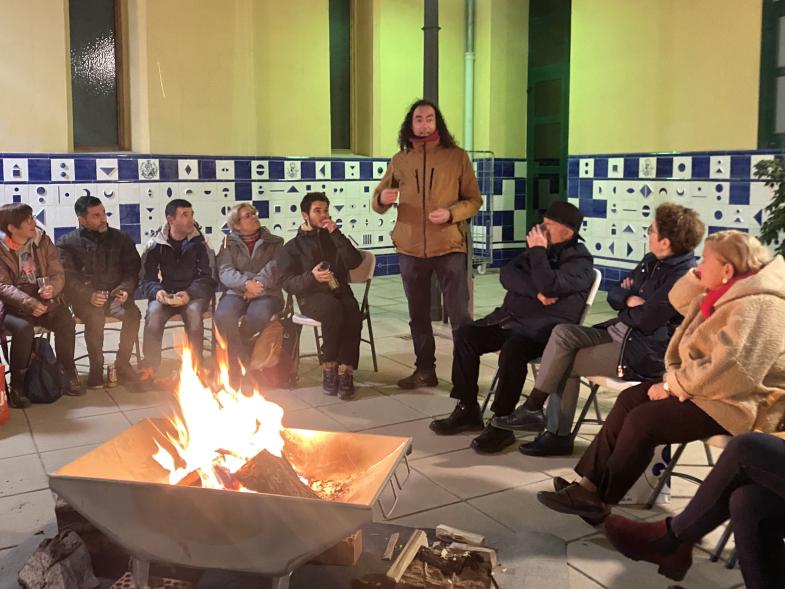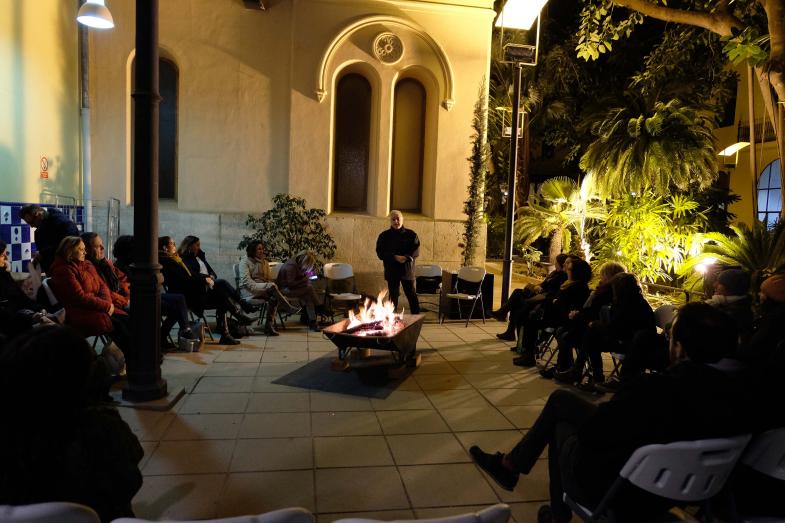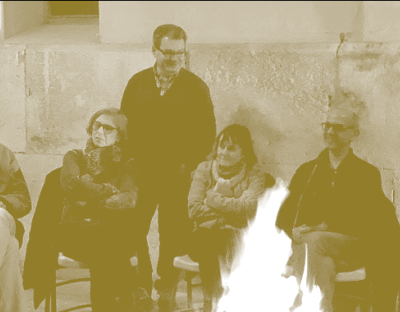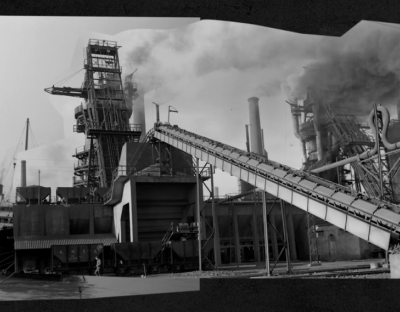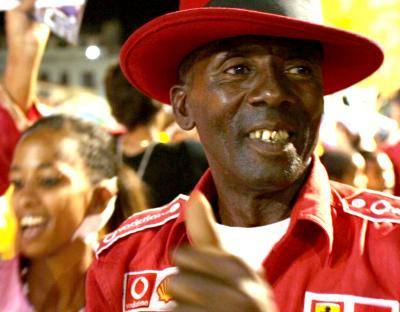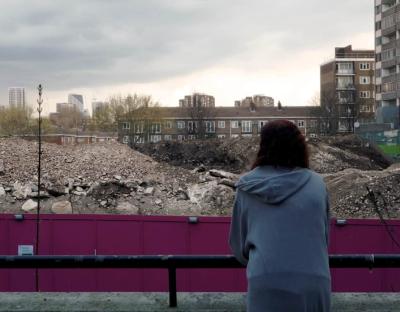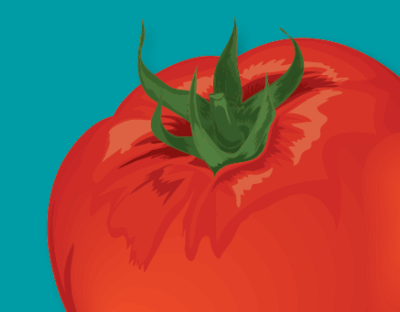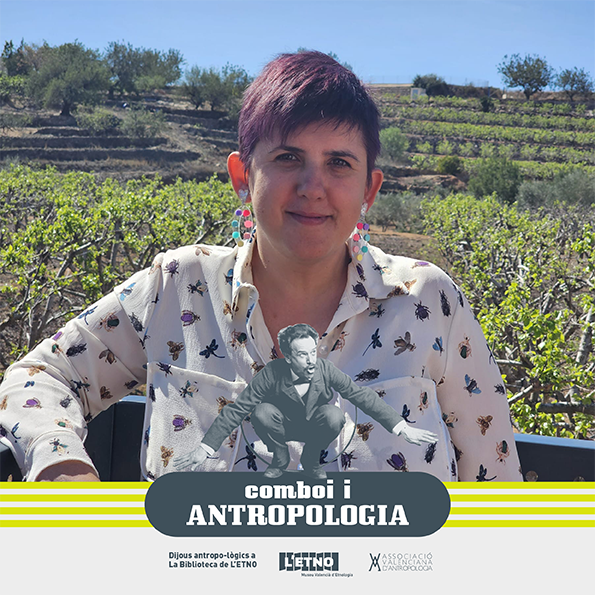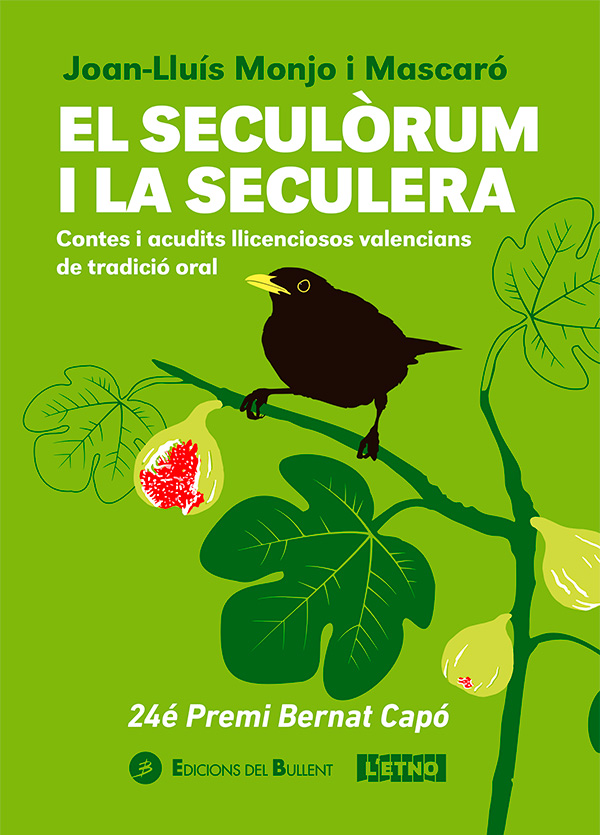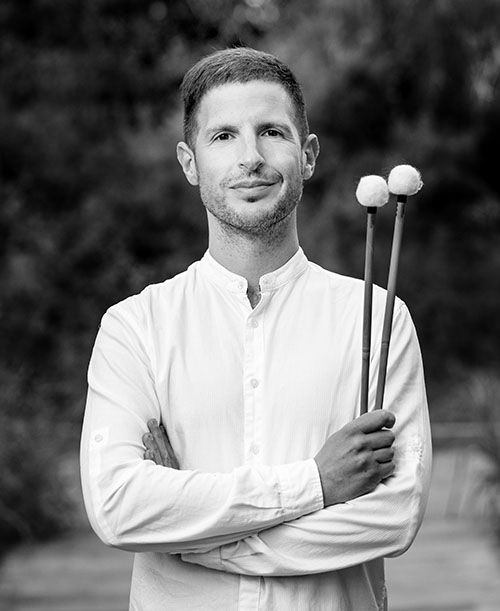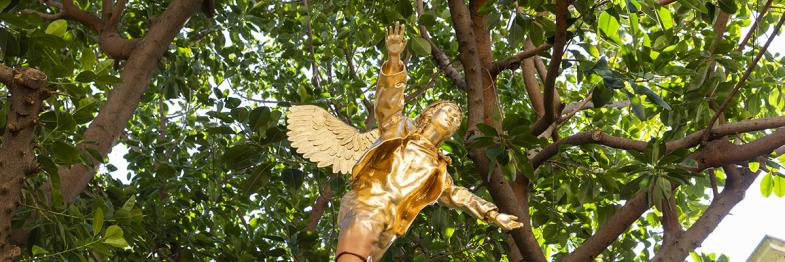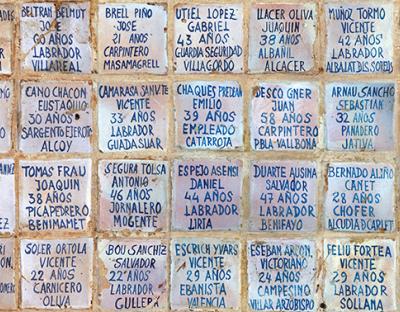Fers i Sabers es un proyecto de actividades que nace con el objetivo de activar y dinamizar las colecciones de L'ETNO más allá de las exposiciones. Se trata de utilizarlas como punto de partida para generar espacios de diálogo y de intercambio de saberes, experiencias, habilidades o prácticas vinculadas a la economía y la sociedad tradicional valenciana que, adaptados a las necesidades de nuestra contemporaneidad y lejos de caer en el olvido, pueden ser una herramienta de resiliencia y de reconexión con el territorio muy valiosa en la actualidad.
El ciclo pretende centrarse en una temática determinada que pueda ser abordada desde el contexto y el vínculo con el territorio, y que permita a la vez introducir reflexiones desde la teoría situada, pero especialmente desde una dimensión práctica y experiencial, desde el compartir y conocer los hechos y saberes de las personas, iniciativas y proyectos del propio territorio.
El proyecto se estructura en sesiones con formatos y objetivos diversos que empiezan ofreciendo una mirada contextual y territorial hasta el aterrizaje más detallado de cada técnica.
La temática elegida ha sido la conservación de alimentos. La alimentación y la cocina son prácticas cotidianas imprescindibles para el sostenimiento de la vida, además tienen la potencialidad de generar vínculos emocionales y afectivos con las personas, la comunidad y el territorio, que cristalicen representaciones culturales fundamentales para entendernos como sociedad.
La conservación de los alimentos nos permite aproximarnos a la un buen número de aspectos de nuestra sociedad tradicional como la importancia de la despensa como elemento imprescindible para la supervivencia y bienestar familiar; las economías de subsistencia, el aprovechamiento y gestión de los excedentes, o vínculo entre los alimentos, el territorio y la estacionalidad. También podemos reflexionar sobre aspectos que hoy en día se usan alrededor de la comida: la vertiente comunitaria de la preparación de los alimentos y de los espacios de reunión o del trabajo colectivo, el papel de las mujeres, la gestión tradicional del espacio doméstico, o la importancia de la industria de la conservación de alimentos a la economía local y de exportación.
La programación ha sido diseñada y coordinada por la asociación Arrelaires y tendrá lugar entre octubre de 2024 y junio de 2025 con un total de 16 sesiones en diferentes formatos. Las sesiones de otoño (4) se centran en contextualizar la temática de la conservación de alimentos en el territorio valenciano a través, principalmente de sesiones de intercambio de las experiencias y saberes de personas de diferentes pueblos y comarcas. Durante el invierno (3 sesiones) tendrán lugar visitas en diferentes espacios vinculados con la conservación de alimentos en la ciudad y fuera de ella. Las sesiones de primavera se organizan en 3 bloques de 2 sesiones cada una, y se centran en el aprendizaje de diferentes técnicas de conservación de alimentos a través de talleres de la mi de proyectos y profesionales del sector, siempre a través de una aproximación territorial.
Resumen de programa (programa completo en columna derecha)
15/10/24 – 19.00 h. PRESENTACIÓN DEL CICLE FERS I SABERS A L’ETNO. REBOST: CONSERVACIÓ D’ALIMENTS
17/01/25 – 11.00 h. ENCUENTRO DE INTERCAMBIO DE EXPERIENCIAS, RELATOS Y RECETAS SOBRE LA CONSERVACION DE ALIMENTOS (I). Potries.
21/01/25 – 11.00 h. ENCUENTRO DE INTERCAMBIO DE EXPERIENCIAS, RELATOS Y RECETAS SOBRE LA CONSERVACION DE ALIMENTOS (II) . L'ETNO
25/01/25 – 08.30 h. EXCURSIÓN A XÀBIA, TERRITORIO PESQUERO Y TRADICIÓN SALADERA
06/02/25 – 18.00 h. LA CONSERVACIÓN DE ALIMENTOS EN CONTEXTO: UN VIAGE GUSTATIVI
15/02/25 – 10.30 h. RUTA-VISITA A ESPACIOS VINCULADOS A LA CONSERVACION Y TRANSFORMACIÓN DE ALIMENTOS EN LA CIUDAD DE VALÈNCIA.
27/02/25 – 18:30 h. PRESENTACIÓN - COLOQUIO CON PROYECTOS INNOVADORES SOBRE LA ALIMENTACIÑON Y CONSERVACIÓN DE ALIMENTOS
07/03/25 (16.30 H) Y 08/03/25 (10.00 H) TÉCNICA. BLOQUE 1: MEREMELADAS Y CONSERVAS VEGETALES.
25/04/25* (16.30 H) Y 26/04/25* (10.00 H) TÉCNICA. BLOQUE 2: ADOBADOS, SALMUERAS Y AVINAGRADOS. *Se ha cambiado la fecha de la programación original.
09/05/25 (16.30 H) Y 10/05/25 (10.00 H). TÉCNICA BLOQUE 3: SALAZONES, AUMADOS Y SECADOS
21/05/25* – 18.00 h PRÁCTICA COLECTIVA DEGUSTACIÓN COLECTIVA Y CIERRE DE LA PROGRAMACION. * Se ha cambiado la fecha de la programación original.
